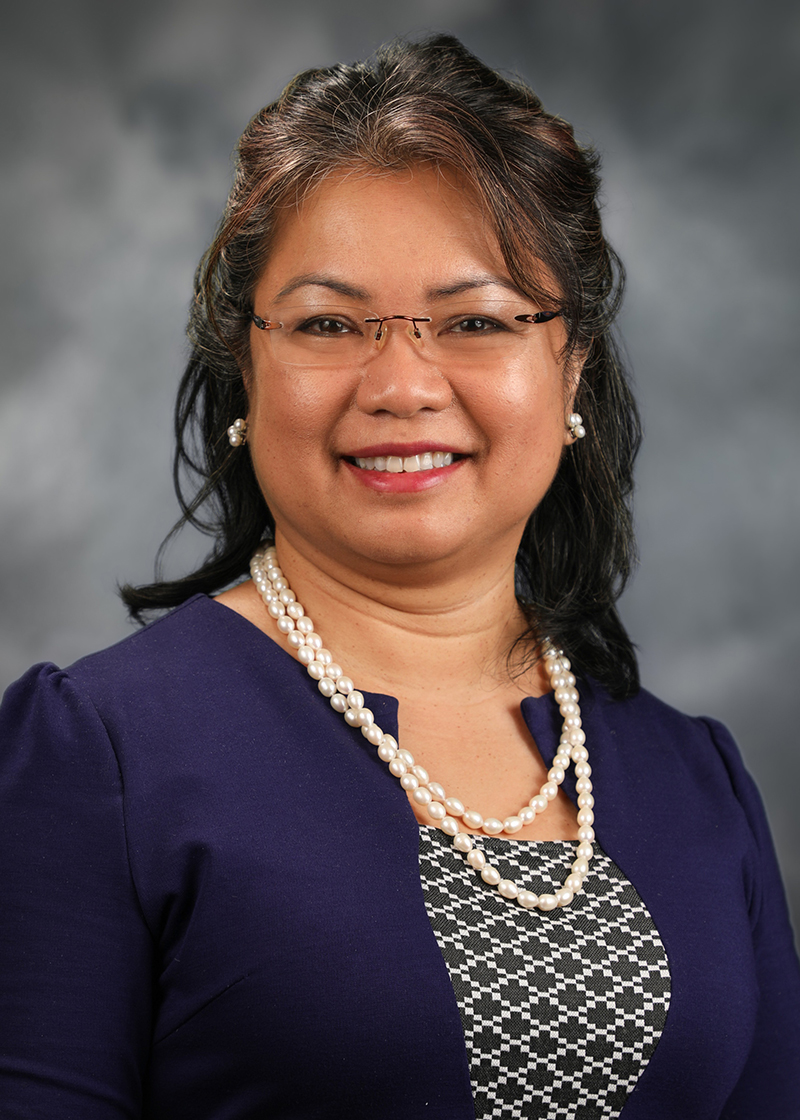Adult Children Pick Up the Responsibility of “Aging in Place” Parents
As the Baby Boomer generation ages, adult children are increasingly taking on the responsibility of caring for their elderly parents.

Caregivers also give up their own earning time, which adds up to lost wages. In fact, 17% of the country’s adult population cares for an adult over the age of 50, and in 2021 provided an estimated $600 billion in unpaid labor, according to the AARP. While some of the caregivers are spouses, many are adult children, balancing their own demands. Caring for caregivers is an important part of population health because without proper support and training, caregivers can become vulnerable themselves, battling stress and overextending themselves, said Duke University School of Nursing (DUSON) Associate Professor Cristina Hendrix, DNS, GNP-BC, FNP, FAAN, whose research focuses on developing and implementing interventions to train and support family and friends of adults in home-based care.
“Being a middle-aged adult or a young adult caregiver is stressful because of the multiplicity of roles that these people are supposed to play, not only being a caregiver, but also taking care of their own family,” Hendrix said. “There are many competitions for their time and attention.” Ongoing projects and research at DUSON bring important awareness to the role of the caregiver, Hendrix said, and how crucial that care is to patient health outcomes. Hendrix leads one project testing the efficacy of using an app to train and support caregivers following a patient’s transition home from in-patient care, when caregivers are eager to learn what they need to do to support their loved one.
“Caregiving is a journey, and it has a starting point,” Hendrix said. “Usually that starting point is upon the diagnosis of a medical condition and the endpoint is the death of the patient. There are many teachable moments along that journey.” When patients are doing well and go into remission, caregivers relax and often are not as keen on receiving training. But at critical moments when there’s a change in their loved one’s functioning, and they are being discharged from the hospital or in-patient care, that is often when caregivers are most receptive to training. Making such instruction available can be critical to the patient’s outcome.
While some adult children live with parents that they care for, many do not. “We are also seeing an increase in the number of virtual caregivers, or distant caregivers,” Hendrix said. “Some even live out of state, but they’re very much involved in ensuring that their parents are receiving the care that they need.” Post-Covid, Hendrix’s research has shifted from in-person training to investigating digital training tools that can be accessed via a phone app called Communication, Learning, Advocacy, Resources and Expertise (CLARE), which was created for her study.
In addition to the physical and emotional care they provide, adult children also are faced with an increased economic burden of caring for an elderly parent. Because health care can be so costly, it might seem less expensive to take on that task within the family. However, lost hours of paid work coupled with gaps in care, such as missing an important sign of worsening condition that might result in an emergency care visit, can lead to readmission and ultimately higher costs overall. Proper training, in person or through an app, can address part of that cost equation, but that is something that still requires attention within the health care system, Hendrix said.
“There needs to be more than we’re doing with the caregivers to prepare them for that role,” Hendrix said, which is why she chose her research area. At DUSON, geriatrics courses include instruction on caregiver support, but Hendrix said the caregiving role is often under supported. Patient care tends to be more disease-oriented, while caregivers require emotional and mental support, as well as skills training. “There needs to be a way that part of the rotation involves caregiver support and training because dealing with the patients and dealing with the caregivers are two different things.”